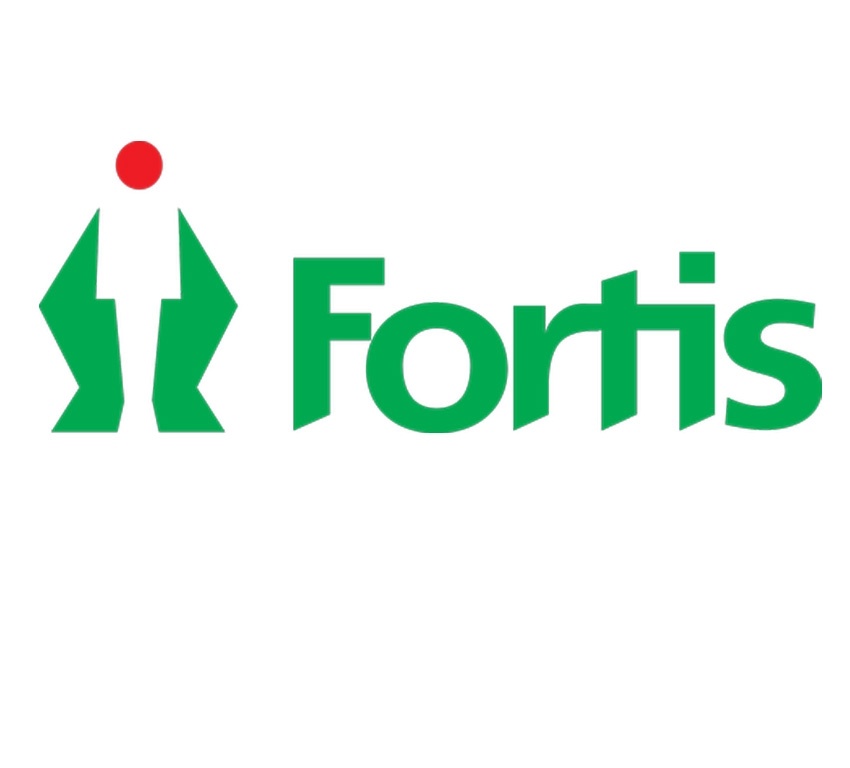”Fortis Flourishing in Africa’
Fortis Healthcare is keen to expand its network in Africa. In a candid interview to THE TIMES OF AFRICA, Mr. Sukhmeet Sandhu, Head – Business Development, Fortis Healthcare Limited talked about the current scenario of healthcare sector in Africa and the role of private players in this industry.”
How will you describe the picture of medical sector of Africa?
According to the report, “The Business of Health in Africa”, by the International Finance Corporation, a division of the World Bank Group, with assistance from McKinsey & Company, $25–$30 billion dollars in new investment is required to build healthcare assets and infrastructure, such as hospitals, clinics and distribution centres to meet the growing healthcare demands of Sub-Saharan Africa. Out of this, $11–$20 billion dollars are slated to come from the private sector. The private healthcare sector in Africa is surprisingly large and is an important component of the region’s healthcare system. Out of the total health expenditure of 16.7 billion dollars in 2005, almost 60%, that is more than half was financed by the private sector.
There are several big challenges for health care delivery in Africa. Kindly highlight the issues affecting the continent.
Africa as a huge and heavily populated continent faces several health barriers. On all health indicators, African countries lag behind the rest of the world. As per data available from the KPMG report on ”The state of healthcare in Africa” and statistics from UNIC EF and WHO , life expectancy in Africa stands at 54 years in comparison to the world average of 68 years. There are only 2.3 doctors per 1000 people in Africa, compared to the world average of 14.0. Maternal mortality ratio per 100,000 live births is 620 as compared to 260 across the world. The HI V/AIDS epidemic has affected Africa more than other continents. In the last few decades, billions of dollars have poured in as aid from various donors across the globe, to combat HI V/AIDS , hunger, TB and malaria. Progress on the health front has been slow. Lack of infrastructure and paucity of trained medical personnel are some of the barriers. People living in Africa as in other parts of the world are also facing the double burden of diseases with growing cases of chronic or lifestyle diseases.
How in your opinion, healthcare system of Africa can be modernized?
Whether in Africa or elsewhere in the world, modernization in healthcare can only happen through a multi-sectoral approach by the Government and other stakeholders. This includes overall, favourable and pro-people healthcare policies from the Government, active participation and investment from the private sector and Government in building multi-specialty healthcare centres, focusing on clinical excellence and quality education and training for doctors, para-medical staff and healthcare providers. There is also a need to provide high quality care at affordable prices. At the same time, there is also a need to educate the population so they can be better informed on health and hygiene matters. Overall, emphasis must be placed on adoption of common administrative standards, deployment of state-of-theart technology and improving access, transparency and accountability by using evidence-based medicine. A greater focus is required on preventive and primitive aspects so the burden of disease can be reduced.
Fortis Hospitals are the fastest growing healthcare group in India. Now it is a big name in Africa as well. Kindly brief us about your operations in the continent.
Fortis has been operating for more than 7 years in Africa. The journey began in Jan’2009, when Fortis took over the Operations and Management (O&M) of Clinique Darne hospital in Mauritius. This is one of the oldest yet most modern hospitals in Mauritius, with 110 beds in operation. It has a proven track record of over 40,000 interventional procedures performed in the last decade alone. Besides, Mauritius, Fortis has recently ventured into Uganda, Nigeria and D R Congo by taking on the running of hospitals through O&M agreements. The International Hospital in Kampala, Uganda is a leading 100 bedded, multi -specialty private hospital and the country’s largest facility, offering a wide range of general and specialised services. In Congo, we have partnered with a local group that is constructing a state of the art 100 bedded, Medical Centre (yet to be commissioned). The Centre will focus on Cardiac sciences, Maternity services and Internal Medicine.
”
RELATED ARTICLES




